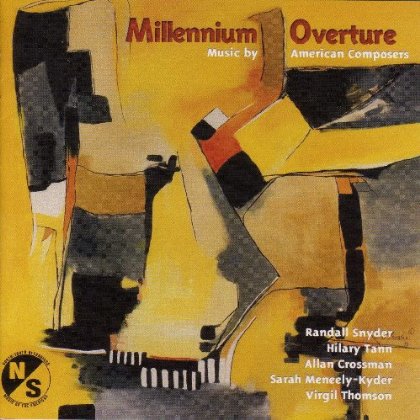
description
North America as both fact and fiction, from the westward expansion of the Norse across the North Atlantic in the tenth and eleventh centuries to the myths and fabrications about their presence there that have developed in recent centuries. Tracking the saga of the Norse across the North Atlantic to America, Norse America sets the record straight about the idea that the Vikings 'discovered' America. The journey described is a continuum, with evidence-based history and archaeology at one end, and fake history and outright fraud at the other. In between there lies a huge expanse of uncertainty: sagas that may contain shards of truth, characters that may be partly historical, real archaeology that may be interpreted through the fictions of saga, and fragmentary evidence open to responsible and irresponsible interpretation. Norse America is a book that tells two stories. The first is the westward expansion of the Norse across the North Atlantic in the tenth and eleventh centuries, settling in Greenland and establishing a shore station at L'Anse aux Meadows in Newfoundland (to which a chapter of the book is devoted) and ending (but not culminating) in a fleeting and ill-documented presence on the shores of the North American mainland.The second is the appropriation and enhancement of the westward narrative by Canadians and Americans who want America to have had white North European origins, who therefore want the Vikings to have 'discovered' America, and who in the advancement of that thesis have been willing to twist and manufacture evidence in support of claims grounded in an ideology of racial superiority.
member goods
No member items were found under this heading.
listens & views

MILLENNIUM OVERTURE: MUSIC BY AMERICAN ...
by CROSSMAN / SNYDER / TANN / KYDER / YUEH / LIFCHITZ
COMPACT DISCout of stock
$11.75
Return Policy
All sales are final
Shipping
No special shipping considerations available.
Shipping fees determined at checkout.






